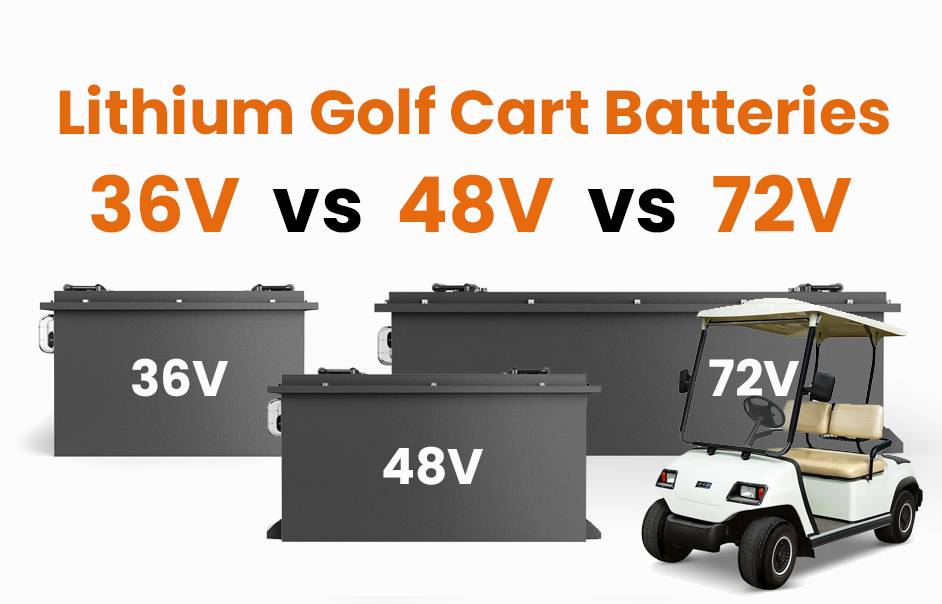
Blog
How Do Golf Carts Use Serial Numbers Instead of VINs?

Golf carts typically use serial numbers instead of VINs because they are not classified as traditional motor vehicles subject to federal VIN standards. Serial numbers are manufacturer-specific identifiers that provide essential production details, aiding in warranty, repairs, and registration within private or low-speed vehicle use contexts. Only golf carts converted for street usage acquire VINs through state-level DMV processes.
Why do golf carts use serial numbers instead of VINs?
Golf carts generally do not meet federal criteria requiring a Vehicle Identification Number (VIN), which is a standardized 17-character code used for road vehicles. Instead, manufacturers assign unique serial numbers tailored to their production lines. Unlike VINs, serial numbers vary by brand format and primarily serve to track manufacturing data, model year, and warranty status rather than legal vehicle registration.
How does a serial number function in place of a VIN on a golf cart?
A serial number uniquely identifies a golf cart within a manufacturer’s database and often encodes basic information like model type and production batch. This number is sufficient for private ownership, maintenance, and insurance purposes on non-public roads. Serial numbers can be found under seats, on the frame, or folded areas within the cart, providing a practical reference for parts ordering and service.
When do golf carts require a VIN instead of a serial number?
Golf carts require a VIN when they are classified as Low-Speed Vehicles (LSVs) or modified for legal operation on public roads. This designation mandates compliance with local DMV regulations, including safety equipment upgrades like lights, mirrors, brakes, and seat belts. Awarded VINs facilitate formal vehicle registration, insurance, and law enforcement tracking comparable to cars and motorcycles.
Which authorities assign VINs to golf carts for road use?
State Departments of Motor Vehicles (DMVs) or equivalent regulatory bodies issue VINs to golf carts upon completion of inspections confirming compliance with low-speed vehicle standards. This often involves a formal application, physical examination, and documentation review process that validates the cart’s readiness for public roadways. The assigned VIN must be welded or securely attached and displayed visibly.
How does using a serial number impact golf cart ownership and legal requirements?
While serial numbers suffice for private or golf course-only operation, they limit the cart’s usability in public or regulated areas. Owners relying solely on serial numbers might face registration, insurance, or theft recovery challenges when crossing jurisdictional boundaries. Transitioning to a VIN through legal conversion extends the mobility options and increases the vehicle’s marketability and insurability.
Where can golf cart owners typically find the serial number on their carts?
The serial number is commonly located under the seat, inside or beneath the glove box, along the frame near the battery compartment, or stamped in areas not easily visible but accessible to inspection. Each manufacturer may place this unique identifier differently, and owners can consult user manuals or contact dealers for exact placement.
How do serial numbers assist in golf cart maintenance and parts replacement?
Serial numbers enable service technicians and manufacturers to trace specific build information, model years, and component variations. This allows for accurate ordering of replacement parts, verification of warranty coverage, and assessment of recalls or service bulletins. A well-documented serial numbering system streamlines repair processes and enhances customer support quality.
Are golf cart serial numbers standardized across all manufacturers?
No, serial numbers are not standardized across manufacturers and may differ in length, format, and embedded data. Unlike the universally formatted VIN, each golf cart maker designs its serial number scheme to suit internal tracking needs. This inconsistency necessitates consulting brand-specific decoding charts or manufacturer assistance for interpretation.
Can hybrid systems or advanced golf carts still utilize serial numbers?
Yes, even golf carts equipped with complex electric or hybrid drivetrains primarily use serial numbers unless they are registered as street-legal vehicles. Serial numbers extend to these models for internal tracking, servicing, and parts management, maintaining continuity despite technological complexity.
Chart: Differences Between Golf Cart Serial Numbers and VINs
| Feature | Serial Number | VIN |
|---|---|---|
| Format | Manufacturer-specific; variable | Standardized 17-character code |
| Application | Private use, warranty, servicing | Registration, insurance, legal use |
| Issued By | Manufacturer | DMV or equivalent authority |
| Used For | Identification within brand system | Nationwide vehicle identification |
| Required for Public Roads? | No, unless converted | Yes, for all street-legal vehicles |
| Location Typical | Under seat, frame, glove box | Fixed plate/sticker, visible on frame |
Redway Power Expert Views
“At Redway Power, we recognize that while golf carts traditionally utilize serial numbers for identification, the evolution towards street-legal and low-speed vehicle regulations means that understanding this distinction is crucial for owners and manufacturers,” says a Redway Power industry expert. “Our lithium battery OEM systems integrate seamlessly with both serial number managed carts and VIN-registered vehicles, supporting reliability and compliance across diverse applications.”
Conclusion
Golf carts primarily use serial numbers instead of VINs because they fall outside federal motor vehicle regulations and are often limited to private or controlled environments. Serial numbers provide sufficient identification for maintenance, warranty, and private ownership needs. Only when golf carts are converted for street-legal operation do they receive VINs assigned by state authorities to comply with registration and safety regulations. Understanding these differences aids owners in legal compliance, service, and resale processes.
Frequently Asked Questions (FAQ)
Q1: Why do most golf carts not have VINs?
Golf carts are generally considered off-road or private-use vehicles and are not required to have federally regulated VINs unless converted for public road use.
Q2: How can I find my golf cart’s serial number?
Look under the seat, near the battery compartment, or on the frame; manufacturer manuals provide specific locations.
Q3: What happens if I want to drive my golf cart on public roads?
You typically need to upgrade your cart to an LSV standard and obtain a VIN through inspection and DMV registration.
Q4: Can a serial number help if my golf cart is stolen?
Yes, serial numbers can aid law enforcement in tracking and recovering carts.
Q5: Does Redway Power provide batteries for VIN or serial number-identified golf carts?
Redway Power supplies reliable lithium battery packs compatible with both privately used golf carts and street-legal models, supporting diverse identification systems.




